Can Heat Pads Cause Cancer? What You Need to Know
The soothing warmth of a heating pad on a sore muscle – pure bliss, right? But have you ever wondered if that cozy comfort could come with a hidden risk? The internet is buzzing with whispers about heat pads and cancer, leaving many of us scratching our heads and wondering what to believe.
Don't sweat it (pun intended)! We're diving deep into the facts and science to uncover the truth about heat pads and cancer. We'll explore potential risks and arm you with the knowledge you need to make informed decisions about your health.
Get ready to separate fact from fiction as we turn up the heat on this sizzling topic.
Do Heat Pads Emit Radiation? The Burning Question
Let's address the elephant in the room: do heat pads give off radiation? The answer isn't as straightforward as you might think. Here's the lowdown:
The truth about infrared radiation:
Heat pads or electric blankets (similar to other electrical appliances) do emit a type of radiation called infrared radiation (IR). But don't panic. IR is a form of light that we can't see, and it's different from the harmful ionizing electric radiation found in X-rays or nuclear power plants. In fact, our bodies naturally emit IR, and it's even used in some medical therapies.

Source: National Cancer Institute
What about electromagnetic fields (EMFs)?
Some electric heat pads also produce low levels of electromagnetic fields (EMFs). These differ significantly from high-frequency EMFs, such as X-rays and ultraviolet light, which have more energy and are known to be more harmful.
These invisible low-frequency EMFs are found around anything that uses electricity, like your phone or microwave. While there's ongoing research about the potential effects of EMFs on health, the levels emitted by heat pads are generally considered to be very low and unlikely to pose a significant risk. The radiation emitted by heat pads is not the same as the harmful kind you might worry about.

Common Sources of Low-frequency EMFs
While more research is always welcome, the current scientific consensus suggests that using heat pads as directed is safe. For instance, the World Health Organization (WHO) declared that, based on a recent in-depth review of the scientific literature, current evidence does not confirm the existence of any health consequences from exposure to low level electromagnetic fields.
If you're still feeling a bit wary, consider using a heat pad with low or no EMF emissions, or opt for a good old-fashioned hot water bottle.
Can Heat Pads Scorch More Than Just Your Muscles? The Skin Cancer Question
While heat pads might not be radioactive superheroes, there's another burning question on everyone's mind: can a heating pad cause cancer? The short answer is: it's complicated.
-
Toasted Skin Syndrome: Excessive heat exposure from heating pads can lead to a condition called toasted skin syndrome, AKA, "erythema ab igne (EAI)." This harmless-sounding name disguises a skin condition that causes changes in pigmentation and blood vessels, leading to a mottled, net-like appearance. Not exactly a fashion statement you're aiming for, right?
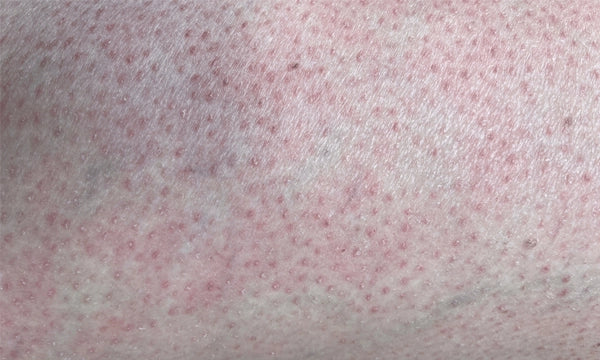
-
EAI and Cancer: A Rare Connection: In very rare cases, EAI has been linked to an increased risk of squamous cell carcinoma and Merkel cell carcinoma, two types of skin cancer. However, these cases are the exception, not the rule. Most people with EAI won't be developing cancer.
-
Playing It Safe: To minimize any potential risk, a correct heating pad use is crucial. Avoid prolonged, direct contact with your skin, and always use a barrier like a towel or cloth between the heat pad and your skin. If you notice any unusual skin changes, consult a doctor.
So, while the risk of skin cancer or even breast cancer risk from heat pads is minimal, it's always better to err on the side of caution. Let's keep our skin happy and healthy while enjoying the warmth.
⭐️ Further Reading:
Toasted Skin Syndrome: The Ultimate Guide to Causes, Treatment and Recovery
Can Cancer Patients Use Heating Pads?
If you're battling cancer, you might wonder if a little heat therapy could offer some much-needed comfort. While heat pads can be soothing for many people, cancer patients need to tread carefully.
-
Check with your doctor: Before reaching for that heat pad, it's crucial to consult your doctor or oncologist. They can assess your specific situation and advise you on whether heat therapy is safe and appropriate for you.
-
Potential benefits: Heat therapy can be helpful for cancer patients experiencing muscle pain, stiffness, or nerve pain. It can also promote relaxation and improve sleep quality.
-
Potential risks: Some cancer treatments, like radiation therapy, can make your skin more sensitive, increasing the risk of burns from heat pads. Additionally, heat can sometimes worsen swelling or inflammation in certain situations.
-
Proceed with caution: If your doctor gives you the green light, use heat pads with care. Opt for low or medium settings, never apply them directly to your skin, and limit sessions to 15-20 minutes. Pay close attention to how your body reacts, and stop using the heat pad if you experience any discomfort.
Cancer patients can sometimes find comfort and relief from heating pads, but it's crucial to proceed with caution. Due to the potential link between heat and cancer growth, especially a near internal organ, and the possibility of DNA damage from a high setting, it's essential to consult with a board-certified oncologist for personalized advice.
They can determine if heat therapy is right for you and provide guidance on how to use it safely to avoid any potential complications. For instance, your doctor might recommend avoiding using a heating pad to fall asleep, as prolonged exposure can increase risks. Remember, prioritize your health and well-being above all else.
Is It Bad to Use a Heating Pad Every Night?
Let's face it, curling up with a heat pad each night can feel like a warm hug for your aching muscles. But is this nightly ritual a recipe for disaster?
The Heat is On (But for How Long?):
Using a heating pad for 15-20 minutes can work wonders for temporary pain relief. However, marathon heat sessions every night can lead to:
- Skin irritation: Prolonged exposure to heat can dry out your skin, leading to redness, itchiness, and even burns. Remember, moderation is key.
- Dependence: Your body might get a little too comfortable with that external heat source, making it harder to find relief without it.
- Missed signals: Persistent pain might be your body's way of saying something's wrong. Don't mask the message with constant heat therapy; listen to what your body's telling you.
Sweet Dreams, or Sweat-Drenched Sheets?
When to Seek Professional Help:
Using a heat pad every night isn't necessarily a bad thing, but it's not ideal either. Listen to your body, use it in moderation, and don't hesitate to seek professional guidance if needed.
Wrapping Up
There you have it – the lowdown on heat pads and cancer. You're now armed with the knowledge you need to make informed decisions about using heat therapy safely and effectively. Remember, while the occasional cuddle with your heat pad is unlikely to cause cancer, it's always better to be safe than sorry. Listen to your body, follow the guidelines, and don't hesitate to talk to your doctor if you have any concerns.
Key Takeaways:
-
Heat pads emit infrared radiation, but it's not the harmful kind.
-
While rare, excessive heat exposure from heat pads can lead to "toasted skin syndrome."
-
Don't overuse heat pads and avoid them in certain situations.
-
Cancer patients should consult their doctor before using heat therapy.
Your Comfort is Our Priority
At Homlyns, we're passionate about helping you create a cozy and comfortable home environment. That's why we offer a range of high-quality electric heating pads, designed to provide soothing warmth without any worries. If you're looking to relieve muscle tension, and improve circulation, our products are your best choice.

References:
- Okamoto-Mizuno K, Mizuno K. Effects of thermal environment on sleep and circadian rhythm. J Physiol Anthropol. 2012;31(1):14. Published 2012 May 31. doi:10.1186/1880-6805-31-14
-
Epstein AS, Liou KT, Romero SAD, et al. Acupuncture vs Massage for Pain in Patients Living With Advanced Cancer: The IMPACT Randomized Clinical Trial. JAMA Netw Open. 2023;6(11):e2342482. Published 2023 Nov 1. doi:10.1001/jamanetworkopen.2023.42482




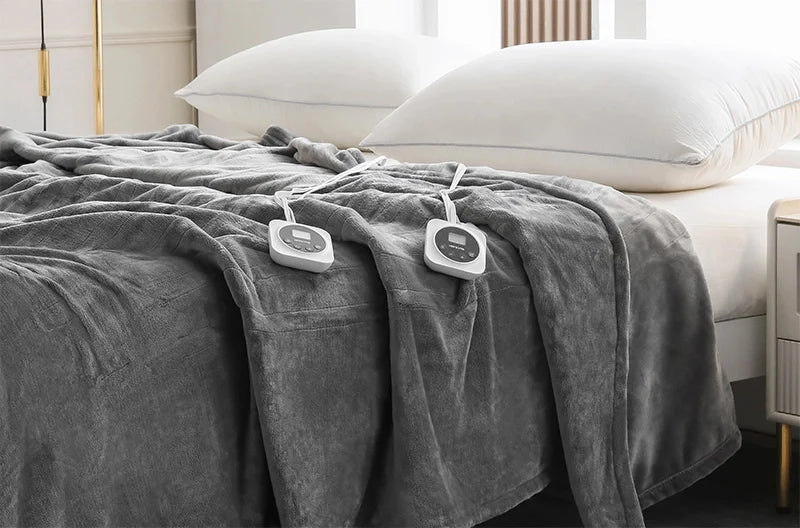
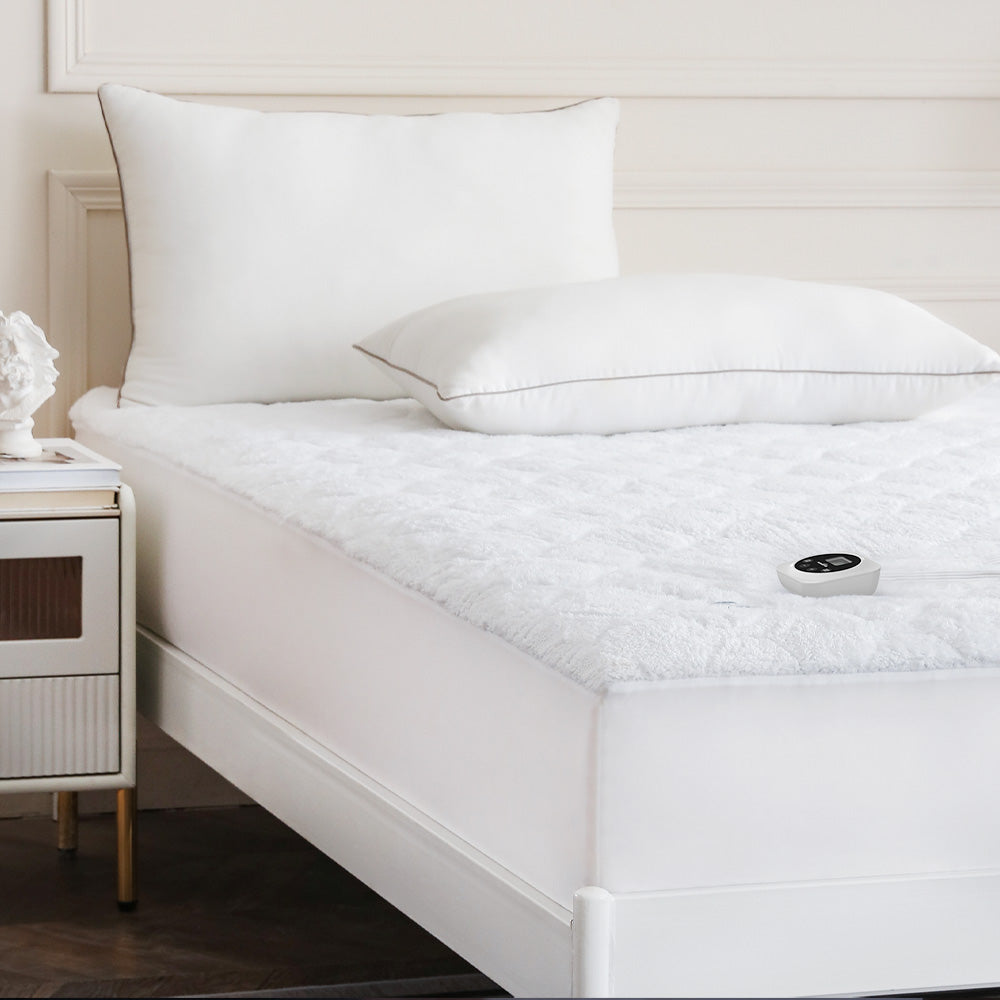
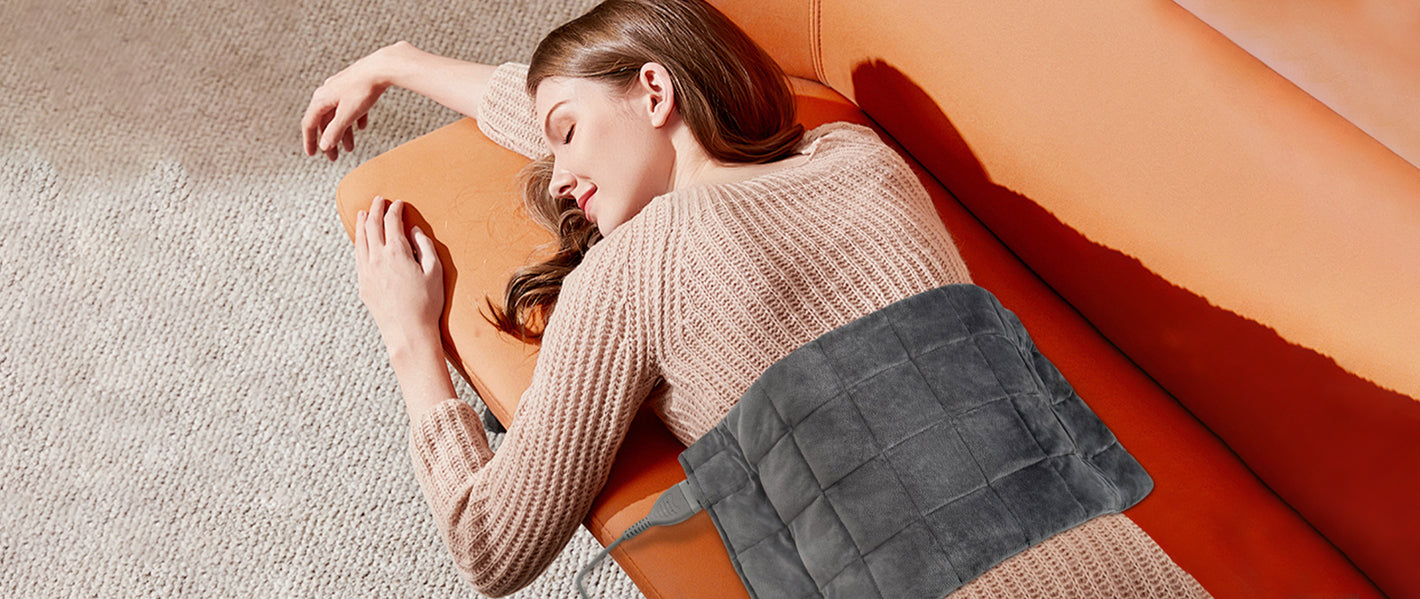
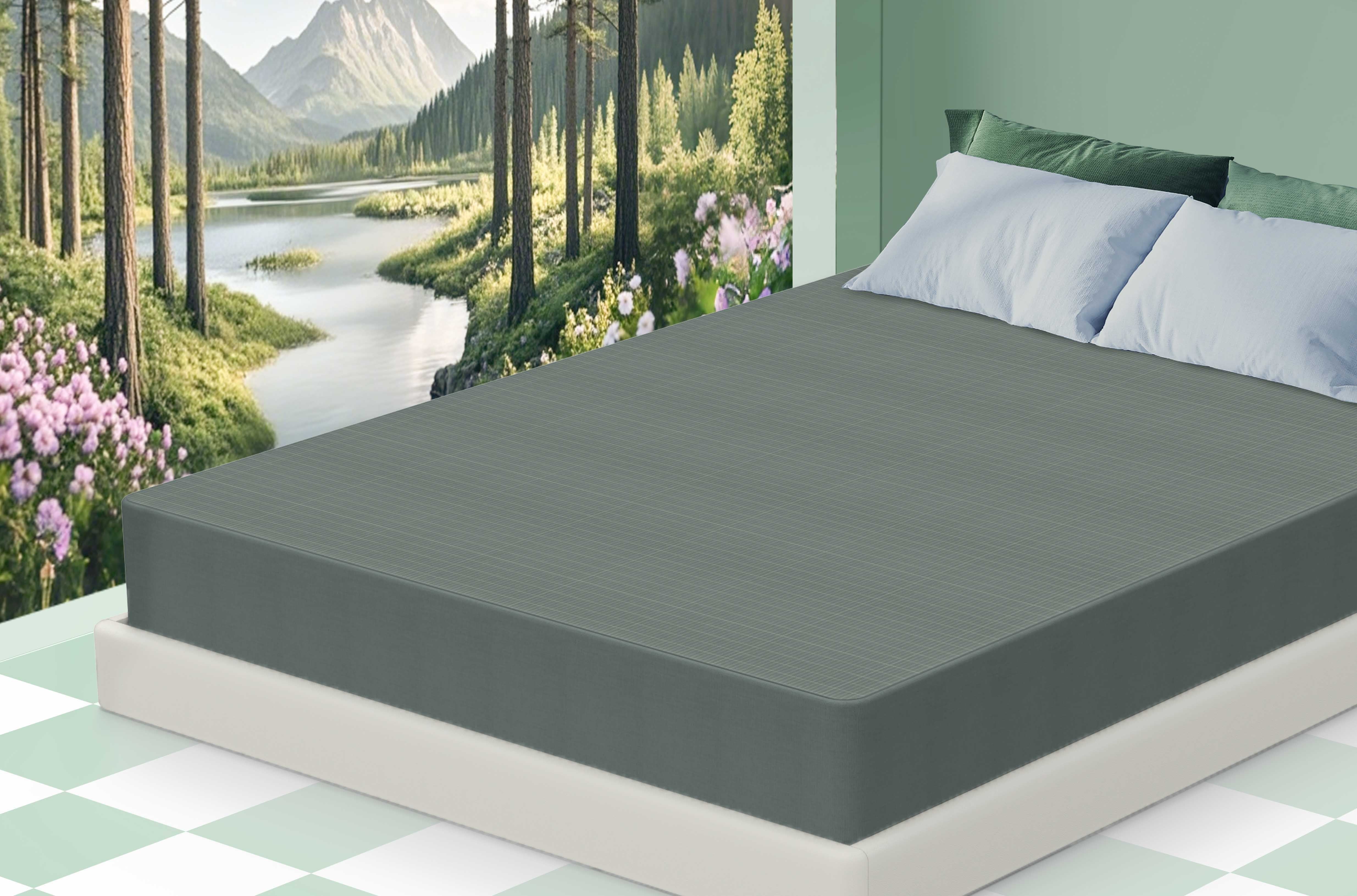
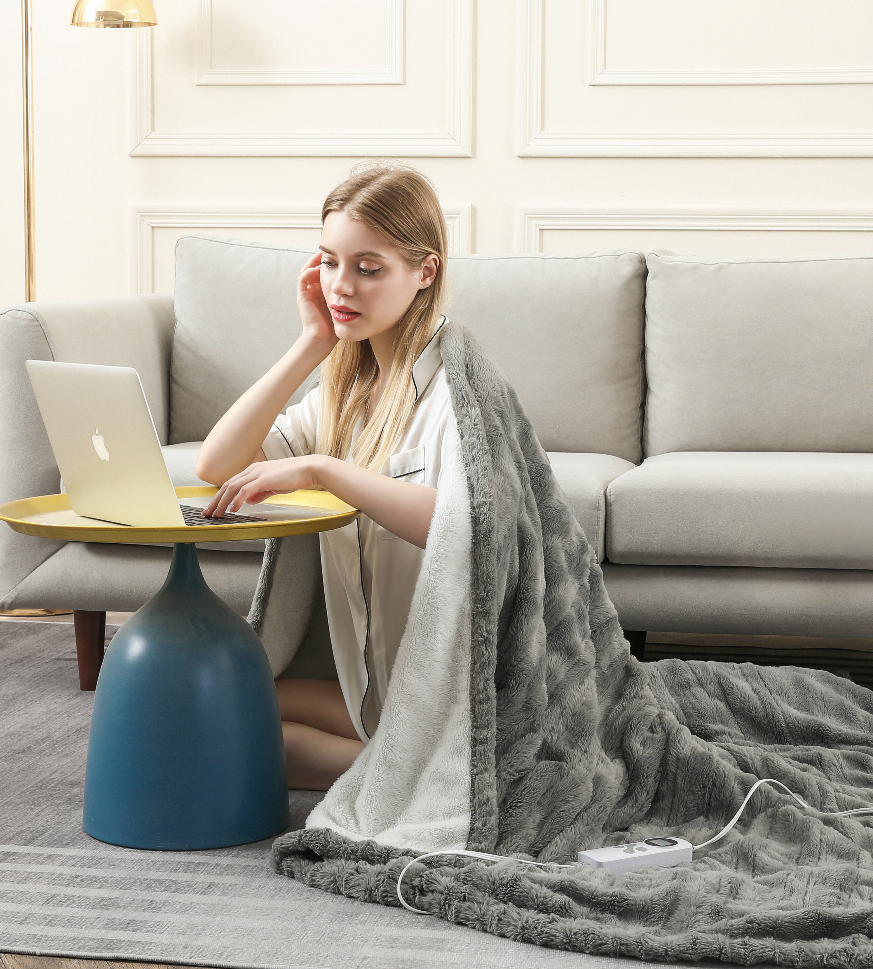
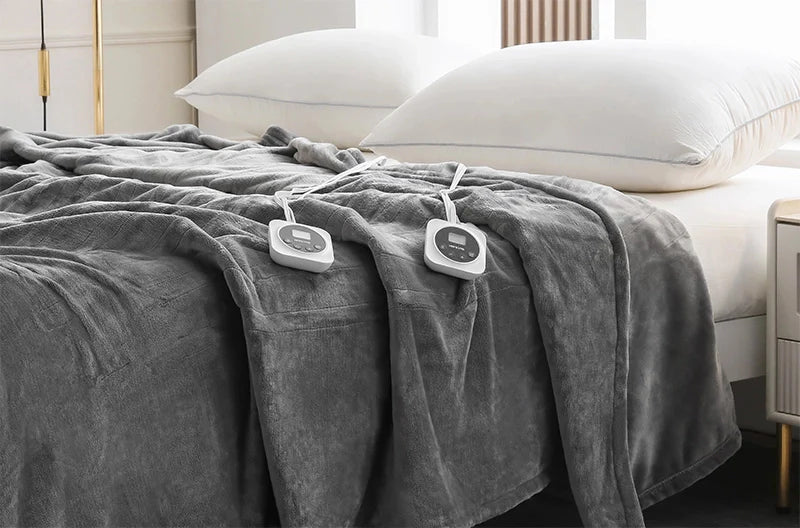
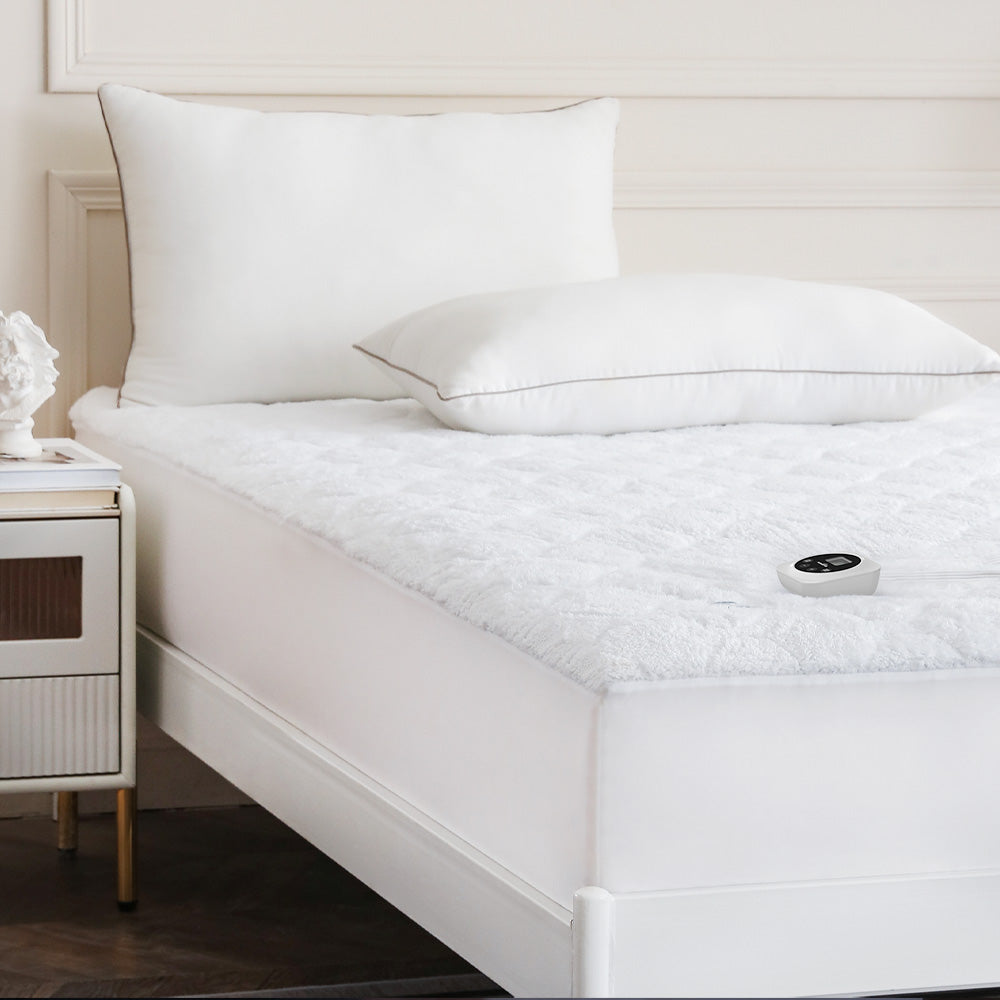
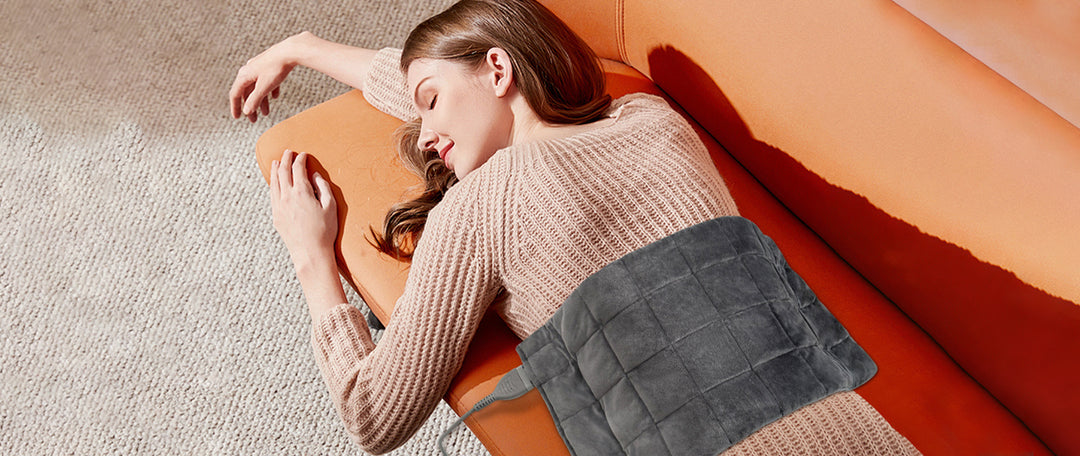
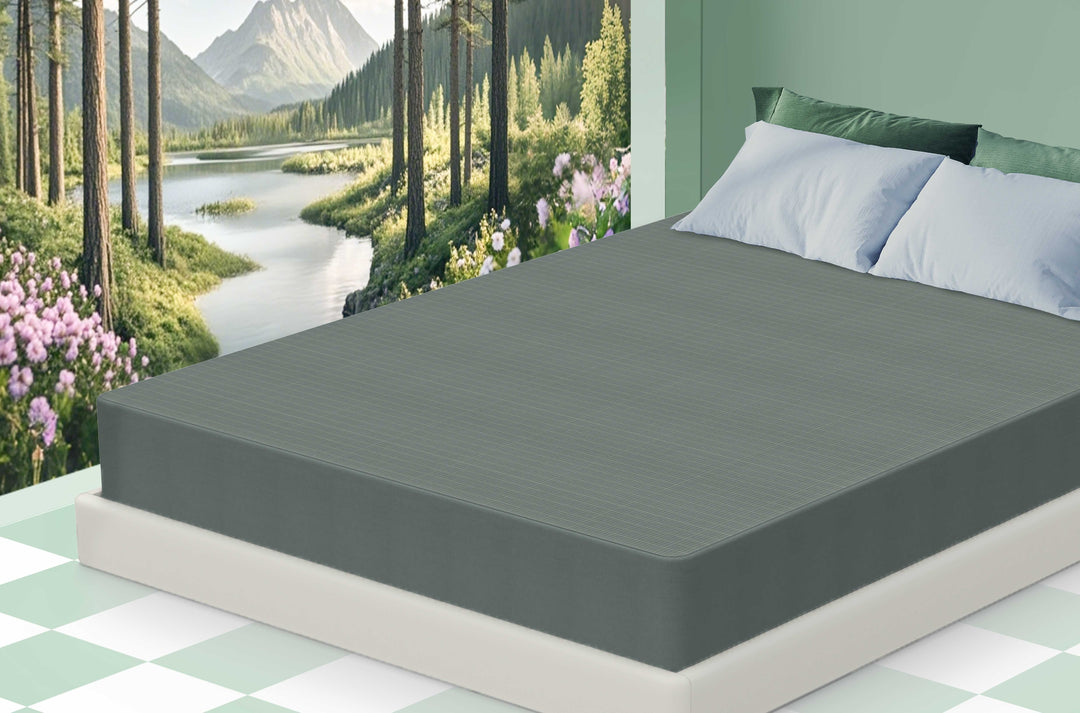



Leave a comment